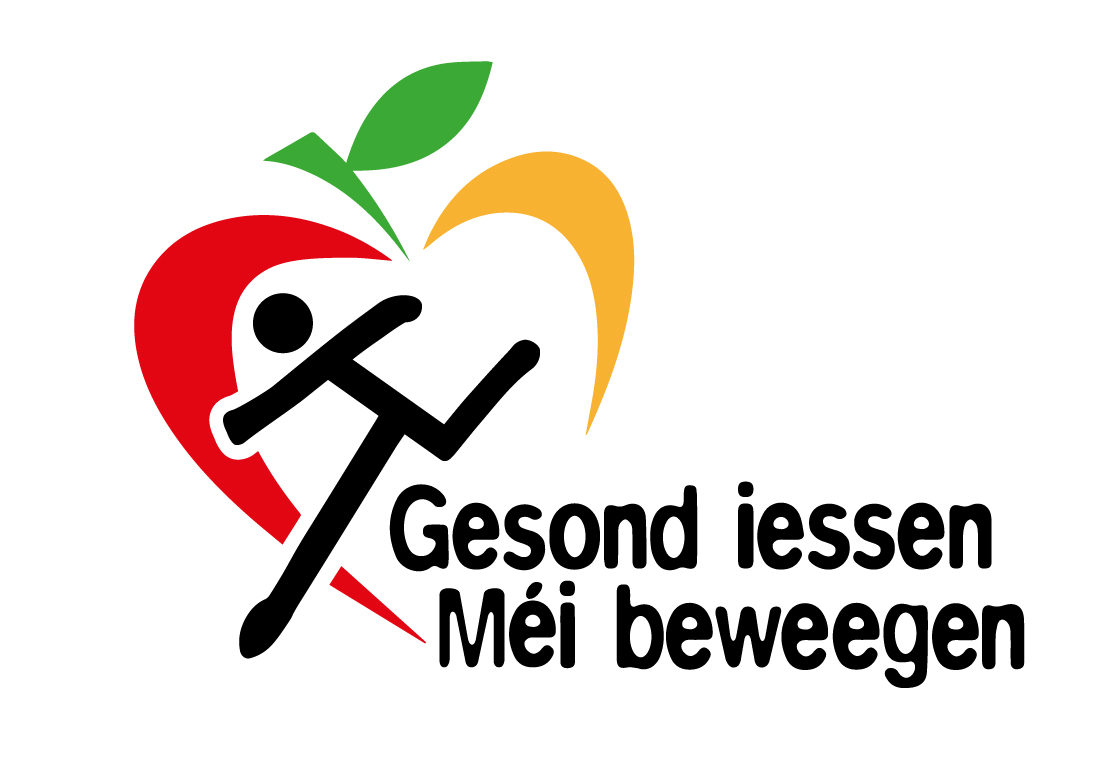Specific needs during pregnancy
Gaining weight and energy needs
It is normal to put on weight during pregnancy but there is no ideal weight gain that applies to all women. Recommendations for weight gain during pregnancy are linked to your BMI (Body Mass Index) before pregnancy. BMI is a comparative measure calculated by dividing your weight by your height squared:
| BMI | Recommended weight gain |
|---|---|
| < 20 | 12.5-18kg |
| 20-27 | 11-15.5kg |
| > 27 | 6.5-11kg |
Although your baby grows more during the second half of the pregnancy, it is normal to put on a few kilos at the start. Your body will need reserves to use later on, particularly when breastfeeding.
Speak to your doctor or consult a dietician if you were already underweight or overweight before pregnancy, or if you were on a diet.
During the first trimester of pregnancy, your energy needs will remain more or less the same. It's only during the second and particularly the third trimester where you will need more energy. From trimester 2, you'll need 150-250 extra calories per day, which is the equivalent of having a piece of fruit and a dairy product as a snack.
Calcium
Calcium is important for healthy teeth and bones in the baby and the mother. The foetus will draw on your calcium reserves. Therefore, you need to ensure you consume enough calcium throughout your pregnancy. You will need 1000-1200mg of this mineral per day while pregnant or breastfeeding. Don't forget that breast milk is your baby's main source of calcium.
Eat 4-5 portions of dairy products per day to ensure you get enough calcium.
One portion is equivalent to :
- 1 glass of milk (200ml).
- 1 glass of buttermilk (200ml).
- 1 portion of Emmental (20g).
- 1 portion of Camembert (45g).
- 1 portion of Mozzarella (65g).
- 1 slice of Gouda (30g).
- 1 yoghurt (125g).
Iron
Iron is needed for you and your baby to produce red blood cells. This mineral helps to move oxygen from your lungs to other parts of the body, through your bloodstream.
A lack of iron can cause anaemia. If a mother suffers from severe anaemia, it may stop your baby from getting enough oxygen to grow and develop normally. Thankfully, your body is able to absorb much more iron when you are pregnant or breastfeeding, which is all the more important when your iron reserves are low.
Meat is the best source of iron. Some vegetables (e.g. leafy greens, legumes) also contain iron, but the body is less able to absorb it. Vitamin C helps the body to absorb iron from vegetables. Tea and coffee have the opposite effect, which is another reason to limit how much you drink them. When you are pregnant, however, food will not always provide all the iron you need.
Your routine blood tests will check iron levels. If they are low, your doctor will prescribe iron supplements.
Iodine
Iodine is essential to a baby's brain development and growth. Low iodine consumption can lead to thyroid problems for both you and your baby. A lack of iodine during pregnancy may affect your child's cognitive development. The best food sources of iodine include sea fish and seaweed, cooking salt enriched with iodine (iodised salt) and foodstuffs prepared with iodised salt (bread etc.).
Folic acid (vitamin B9)
Folic acid is extremely important during pregnancy, particularly in the early stages and even before conception. Consuming sufficient folic acid considerably reduces the risk of your baby developing a spinal cord defect (spina bifida). 0.4mg of folic acid per day is recommended from 4 weeks before conceiving to week 12 of pregnancy. Higher doses are recommended for women at high risk, i.e. those with a history of miscarriage or a child with spina bifida etc.
Last update


